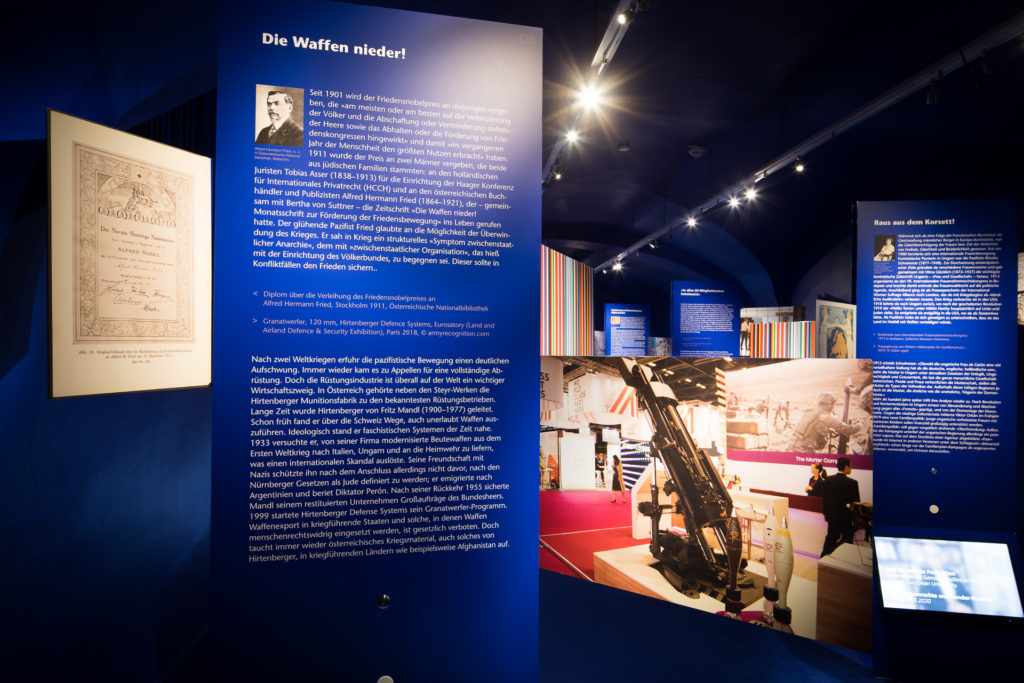European Diary, 15.9.2020: Israel’s Prime Minister Netanyahu and the Foreign Minister of the United Arab Emirates Sheikh Abdullah bin Zayed Al Nahyan and the Foreign Minister of Bahrain Dr. Abdullatif bin Rashid Al-Zayan signed a so-called “peace treaty” this afternoon in Washington in the presence of Donald Trump. Masks are not worn. The White House still does not want to bother with such things like Corona.
The signing was preceded until the last hours by cabbals between the Israeli governing parties on the question of who may sign the treaty at all. Prime Minister Netanyahu, who is under indictment, needed permission from the foreign minister of the rival party Kahol Lavan.
The wording of the “peace agreement” – between three states that are not even at war with each other – remains a mystery. So far only rumors about its content have been spread. What is clear, however, is that the treaty apparently clears the way for a number of major weapons deals, including the delivery of American F-35 fighter jets to the UAE, which significantly enhance its strategic role on the Gulf.
Allegedly the treaty would also open the way to a “two-state solution”. But what the Trump administration understands by such a “two-state solution”, Israelis and Palestinians, as well as the astonished global public, already experienced last year: a patchwork of Bantustans under Israeli control. So a first class funeral. The fact that the Arab monarchs in the Gulf region do not even rhetorically care about any “peace solutions” or the interests of the Palestinians is basically not a new insight.
The annexation of large parts of the occupied West Bank, especially along the Jordan River, and with it the final and definitive rejection of any “Palestinian state”, has, of course, been postponed for the time being, and not only for the sake of better optics. This postponement is entirely in line with current Israeli interests in not shifting the so-called “status quo” too quickly in the direction of a violent “one-state solution” – without reconciliation with the Arab population and without their having equal rights. For, as is well known, there are a great many problems lurking along this path.
Even if Netanyahu has to promise this step again and again to his radical right-wing partners in order to secure their decisive election support.
Behind the new pact are not least of all common security interests, by which is meant not least the retention of power by absolutist rule in the United Arab Emirates and Bahrain. Behind the scenes, this cooperation between Israelis, Americans, some Gulf states and also some Palestinians, such as the former “security chief” of Fatah Mohammed Dahlan, has been going on for years, and has long since become no secret.
Benjamin Netanyahu, on the other hand, sees in the absolute monarchy of the Emirates a “progressive democracy”. What conclusions this allows for his own understanding of Israel as a democracy is also no longer a secret.
One of the few real surprises is rather how much some people are blinded by this coup, with which both Netanyahu and Trump want to distract from the catastrophic consequences of their policies for their own people. Israel is now in lockdown again starting Friday. The paragon of pandemic control has become the leader into crisis. The US should also be back in lockdown by now, up to 1000 people still die every day in the richest “greatest” country in the world.
But European newspapers such as the NZZ are undauntedly celebrating the agreement between Israel and the UAE as a historic step towards “peace”. Nevertheless, the Israeli soccer club Beitar, traditionally associated with the right-wing populist parties and proud to be the only Israeli professional club that has never fielded an Arab player, is now negotiating with new investors: a group of sheikhs from the Arab Emirates. Even Jewish right-wing radicals know (as an old German pop song details): “because only the sheikh is really rich”.

